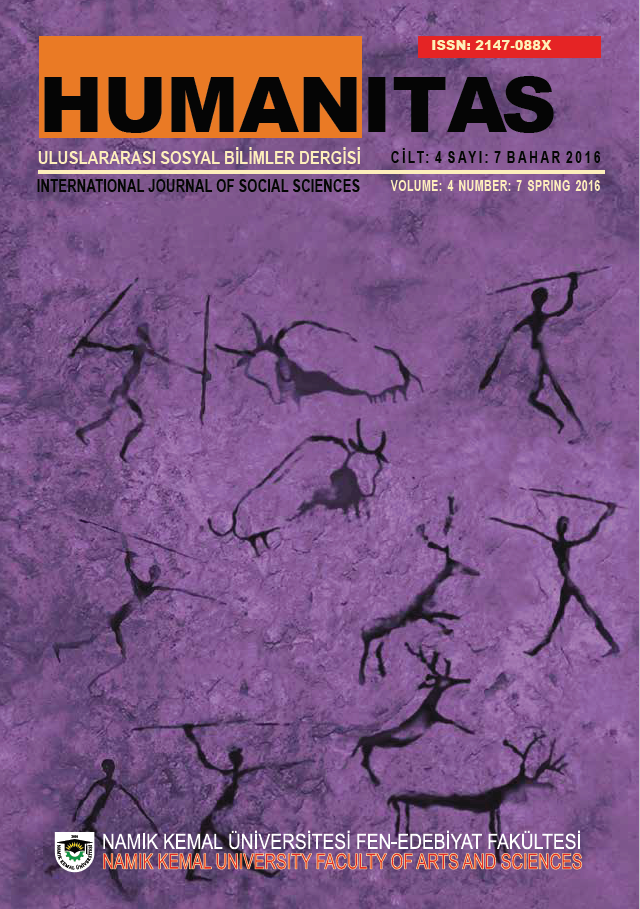ÇALIŞMANIN BÜROKRATİK VE RASYONEL ÖRGÜTLENMESİNDE BEYAZ YAKALILAR
WHITE-COLLARS IN THE BUREAUCRATIC AND RATIONAL ORGANIZATION OF WORK
Author(s): Esra KötenSubject(s): Social Sciences, Economy, Sociology of the arts, business, education, Economic development, Socio-Economic Research
Published by: Namık Kemal Üniversitesi Fen-Edebiyat Fakültesi
Keywords: White-collars; Bureaucracy; Rationality; Post-industrial
Summary/Abstract: The emergence of the post-industrial structures can be attributed to the reallocation and the eventual shift of the industrial activity to a plethora of regions around the world which, itself, was a parallel development to the globalization of the 1970’s. Turkey, on the other hand, quite distinct from the above-mentioned structures, has witnessed various post-industrial practices as well as establishing herself in the overall world-wide production web within the framework of global economic integration. In consequence, a new Turkey has emerged where there is no observable dominance of agriculture, manufacturing or service industry; and furthermore, a perpetual ad-hoc medley of the notions such as traditional, post-industrial and nationalistic prevail. Despite the new practices, especially in the white-collar industry, the nature of the working life prevails due to established industrial / bureaucratic / modern / rational and rigid practices. This study, in light of the findings through in-depth interviews conducted with white-collar workers in Istanbul, aims at establishing and discussing the aforementioned platform. The study results lead us to conclude that the business arena is governed by rigid, hierarchical and prescriptive structures whereby the dimensions of rationality such as efficiency, calculability, predictability and control are compromised. While the more flexible new applications are subdued and hindered by the old established rigid structures, this apparently non-harmonized dual existence creates a conflicting environment between the employees and the employers who are driven by their own respective benefits. As a result, the white-collar worker is stuck in a conundrum of opposing concepts such as individuality vs. team spirit and flexible vs. rigid. This ill-defined unhealthy mixture of business practices neither fully procures the free environment promised by the flexibility nor the determined ways of the rigid systems. In conclusion, in a clash of seemingly opposing systems with disharmonious ingredients, the white –collar worker is becoming increasingly disadvantageous and condemned to a state of uncertainty and insecurity.
Journal: Humanitas - Uluslararası Sosyal Bilimler Dergisi
- Issue Year: 4/2016
- Issue No: 07
- Page Range: 319-332
- Page Count: 14
- Language: Turkish

